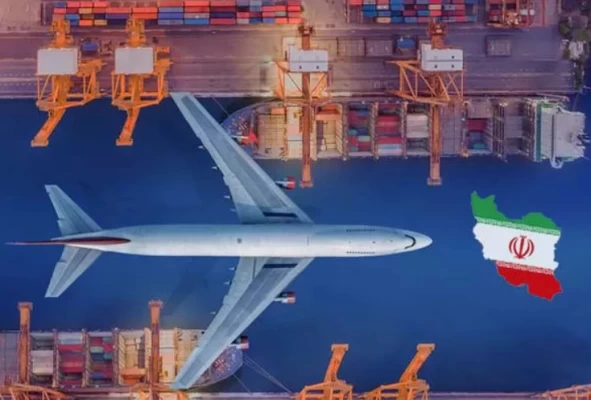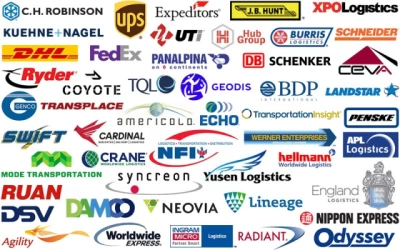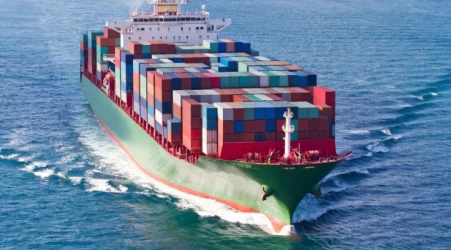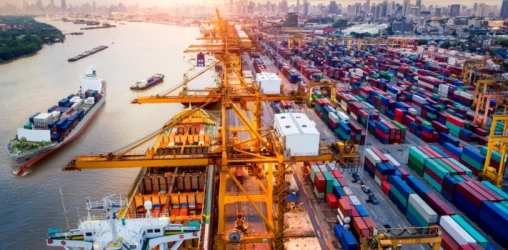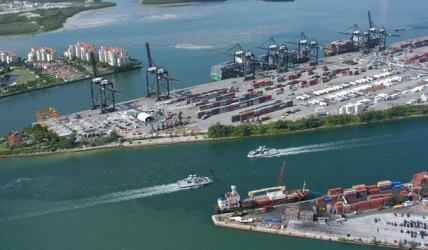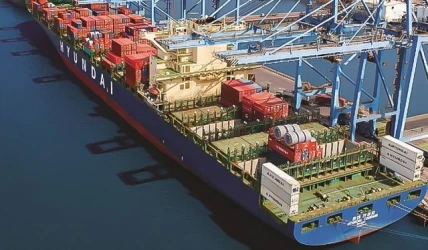Guide to trade with Iran, air transportation
Iran, with its strategic location in the Middle East and access to major Asian and European markets, presents numerous opportunities for trade. In addition to its vast energy resources, petrochemical industries, and mineral wealth, the development of air transport plays a key role in facilitating trade with the country. This article offers a detailed overview of trade with Iran, including regulations on imports and exports, and explores the role of air transport in enhancing trade operations.
Economic Significance of Iran and Trade Opportunities
Iran’s economy offers diverse opportunities for foreign businesses, driven by its young population, abundant natural resources, and industrial potential. Some of the key sectors for trade with Iran include:
- Energy Sector: As a major oil and gas producer, Iran offers opportunities in the energy supply chain.
- Petrochemicals and Raw Materials: Iran is a leading exporter of petrochemical products to Asia and Europe.
- Agricultural Products: Exports of saffron, pistachios, and dried fruits are prominent in Iran’s trade.
- Automotive Industry: Iran’s growing automotive sector and demand for spare parts offer lucrative business opportunities.
Regulations and Requirements for Trade with Iran
Engaging in trade with Iran requires a solid understanding of import and export regulations. The Trade Promotion Organization of Iran oversees these policies, and businesses must comply with the following requirements:
- Licenses and Documentation: Importers need commercial licenses, order registrations, and insurance for their cargo.
- Sanctions and Restrictions: Businesses must navigate international sanctions, particularly those imposed by the United States.
- Customs Tariffs: Import tariffs vary based on product type and the exporting country, with some free trade agreements in place with neighboring nations.
The Role of Air Transport in Trade with Iran
Air transport is one of the fastest and most reliable modes of transporting valuable or time-sensitive goods. Despite geopolitical challenges and sanctions, air transport plays a crucial role in trade with Iran. Imam Khomeini International Airport serves as the main hub for international cargo flights.
Advantages of Air Transport
- Speed: Air transport ensures rapid delivery, which is essential for high-value or perishable goods.
- Security: Air freight offers higher security through strict monitoring and cargo inspections.
- Global Connectivity: Iran’s air transport network connects it to numerous countries in Europe, Asia, and the Middle East.
Challenges and Limitations of Air Transport in Iran
While air transport offers many benefits, there are some challenges to consider:
- Sanctions: International sanctions have limited access to certain air routes and cargo services.
- High Costs: Air freight is more expensive compared to sea and land transport, making it less suitable for bulky shipments.
- Infrastructure Issues: Although Iran has made improvements, further upgrades are needed to align with global standards.
Key Tips for Successful Trade with Iran Using Air Transport
- Partner with Reliable Companies: Collaborate with experienced logistics providers familiar with Iran’s trade laws to mitigate risks.
- Plan Ahead: Due to flight restrictions and geopolitical factors, precise scheduling of shipments is essential.
- Cargo Insurance: Given the high value of goods transported by air, appropriate insurance coverage is crucial.
- Understand Sanctions Compliance: Businesses must stay updated on sanction regulations to avoid legal or financial risks.
Conclusion
Despite the challenges, trading with Iran presents significant opportunities for economic growth and investment. Air transport, with its speed and reliability, plays a vital role in enhancing trade flows between Iran and the rest of the world. By understanding the relevant trade regulations and partnering with reputable logistics companies, businesses can overcome obstacles and tap into the potential of Iran’s expanding market.
If you have any specific questions or need further assistance, feel free to ask!

